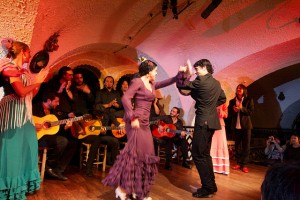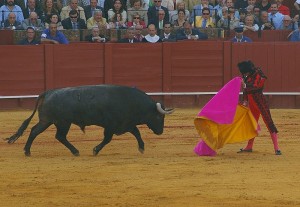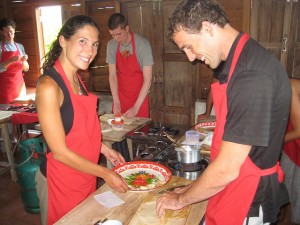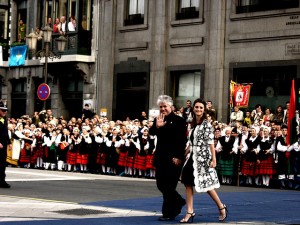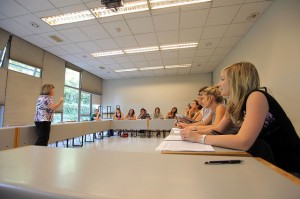The flamenco is the most famous Spanish music style in the world. It is a mixture of music and dance that became art, a way of expressing feelings and passion through dance and singing. Its international recognition is so important it was declared Intangible Cultural Heritage by Unesco in 2010.
The flamenco genere was born in the XVIIIth century in Andalusia and, years passing by, it changed until becoming something unique, a show that any person coming to Spain for idiomatic tourism should not miss.
►…continue reading about the flamenco, a feeling converted into art








